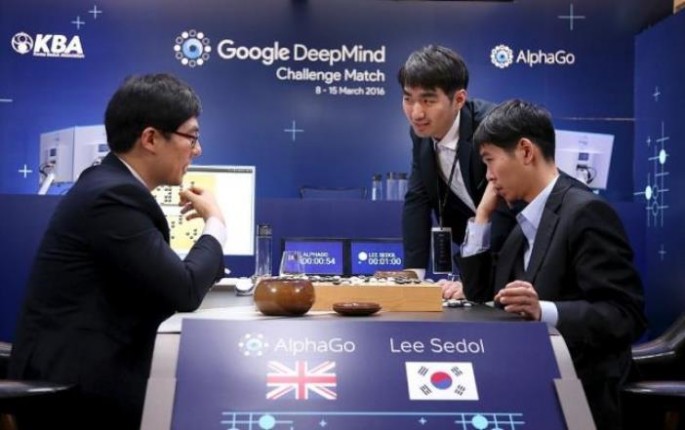South Korean Go grandmaster Lee Se-dol made a surprise victory on Sunday, March 13, when it won--despite losing three prior matches--over the supercomputer developed by Google in the fourth match, in a high-profile duel between man and machine, China Daily reported.
According to the report, the fourth match in the best-of-five series between Lee Se-dol and AlphaGo lasted for nearly five hours, with the computer winning the three prior matches on Saturday, March 12.
Although Lee gained a lead only toward the end, after struggling in the early part of the fourth match, he eventually forced AlphaGo to resign, the report said.
The report cited a commentator as saying that the fourth match bared AlphaGo's weakness as shown in the previous game, while another commented that Lee's victory showed proof that humans are still superior to artificial intelligence.
One of the greatest players of the ancient Chinese game in modern history, Lee, 33, has 18 international titles to his name and also the second most awarded in the world. Earlier predicting that he would win overwhelmingly over artificial intelligence, Lee was forced to admit later that AlphaGo was "too strong."
Lee had promised to try his best to win at least one game after he was defeated in the second game.
In 1997, IBM-developed supercomputer Deep Blue beat chess champion Garry Kasparov, in what was best-known as a victory of artificial intelligence against humans.
Go is played for centuries mostly in East Asia and for developers, the game had long remained the holy grail of artificial intelligence because of its near-infinite number of potential configurations and complexity.
The two sets of deep neural networks enable AlphaGo to crunch data in a way more like what humans do, discarding millions of potential moves that were pointless as human players would instinctively know.
Many Go experts were surprised at AlphaGo's performances during the games with Lee. The AI's moves were described as so unconventional that no human player would ever make them.



























